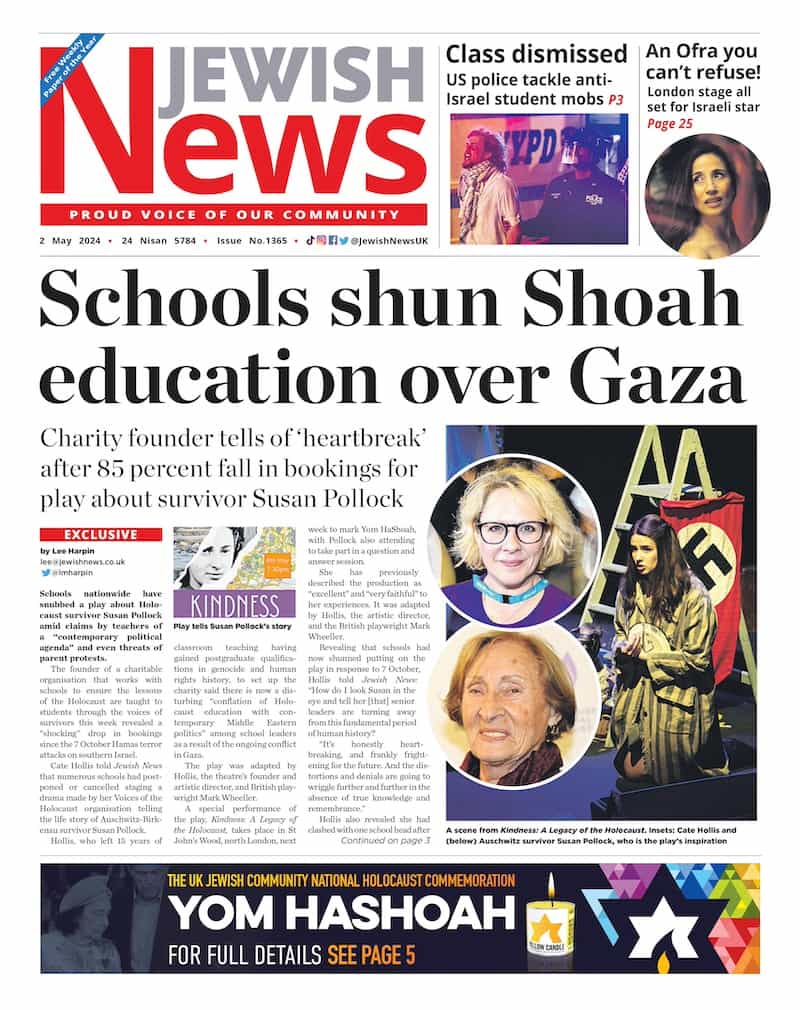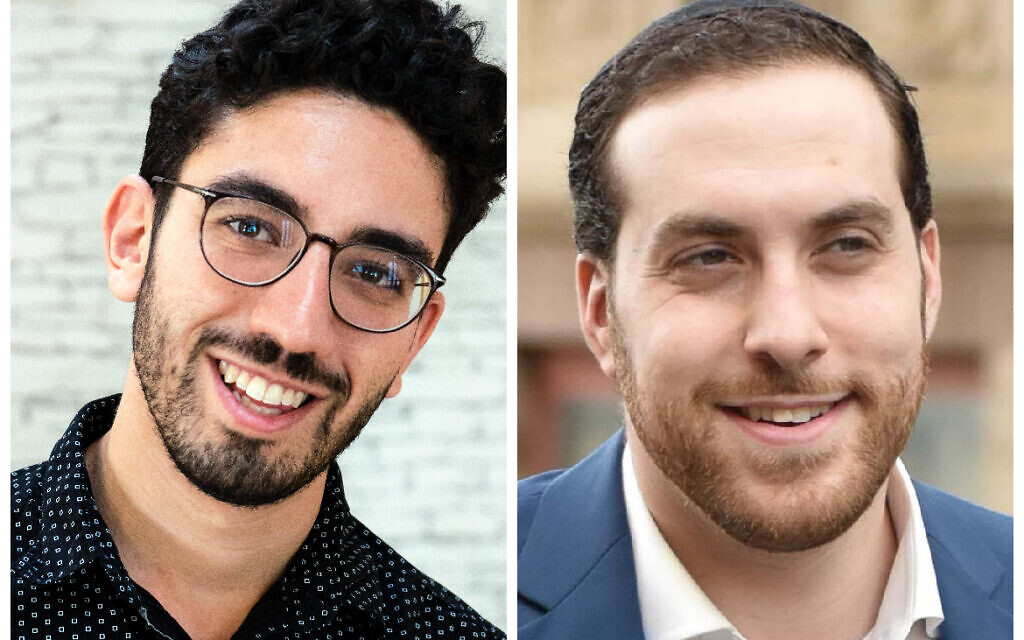History and heritage make magical music
Two very different debut albums by two very different American artists
Yair Rosenberg, a well-known journalist, whose grandfather wrote a song still played in synagogues, has given some of the most popular Shabbat songs a makeover. Meanwhile musician Yoni Battat explores his family’s Iraqi roots in a very special album which combines Arabic, Hebrew, English and even a bit of Yiddish.
With his Deep Shtetl newsletter in The Atlantic, Yair Rosenberg is one of the most interesting and best-known journalists writing about Jewish life today, but music has always been an itch that he’s had to scratch. He never learned to play an instrument – “if I didn’t immediately see the value in learning something I wouldn’t do it” – but has always found himself making up new tunes in his head.
Now – after a process that has taken seven years – he has done something about it with his album Az Yashir, which puts a selection of favoured Shabbat songs to new tunes sung by Yair.
Get The Jewish News Daily Edition by email and never miss our top stories Free Sign Up
It is quite an audacious thing to do, even for the son of a rabbi – but he was inspired by his grandfather Rabbi Israel David Rosenberg, whose composition Shir Hageulah (Song of Redemption) is still played in synagogues today.
“He was an incredibly talented Chassidic composer and while I don’t have his level of skill, something seems to have trickled down the generations,” says Yair. ‘And while most people think it would be crazy to put the Shabbat songs to newly-composed music, I guess I already knew that someone in my family had done it.”
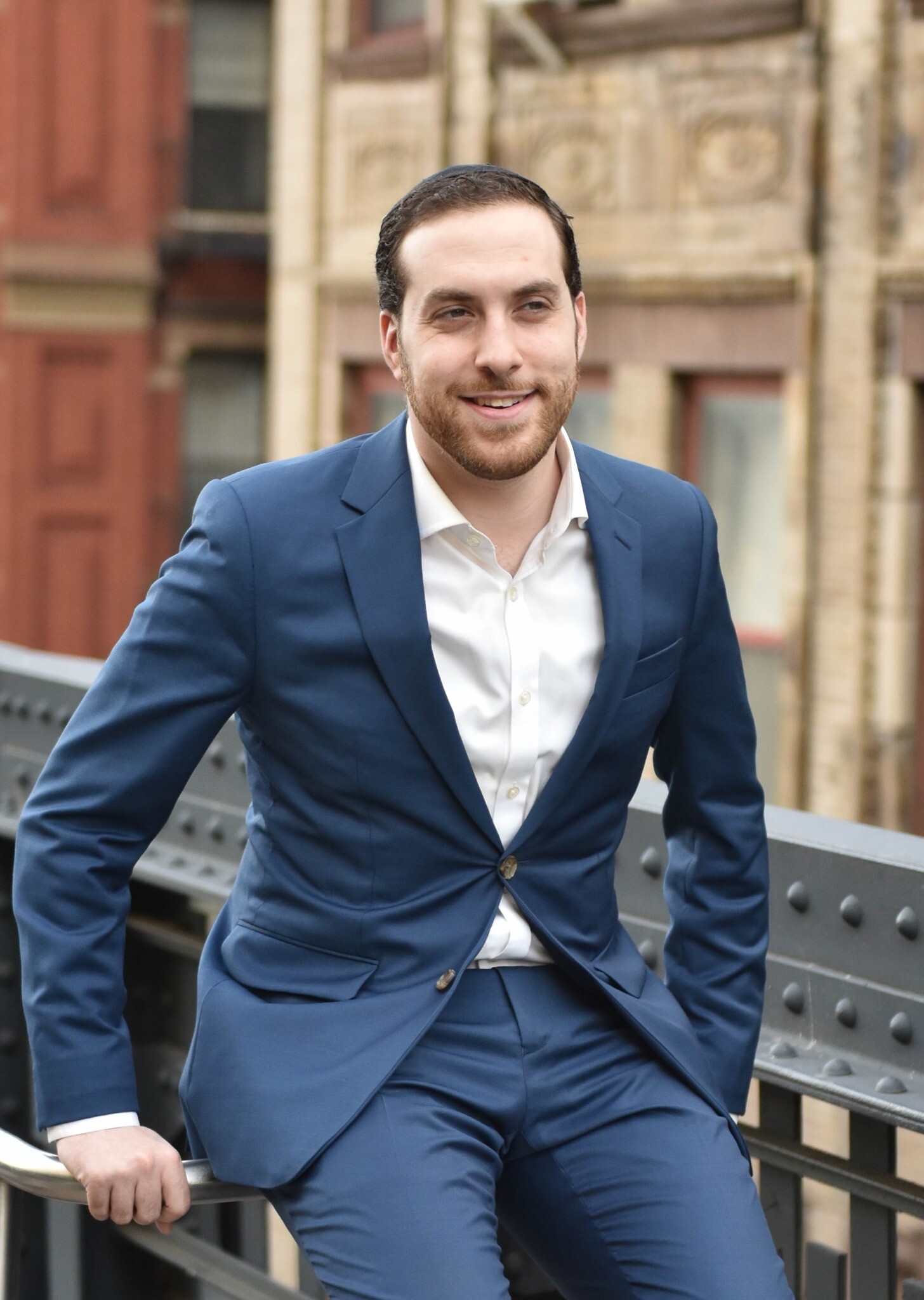
Yair’s grandfather fled Poland with a group of seminary students thanks to the actions of the brave Japanese diplomat Chiune Sugihara, who acted against orders to find a sanctuary for Jewish people in his country. One day a letter arrived in Japan for the refugees, from a Lubavitch rabbi in the United States – it was one filled with horror over the loss of European Jewry (including all of Rosenberg’s family) but also of hope about the future. Rosenberg turned the words into his song Shir Haguelah.
Yair composed his music in very different circumstances but there were echoes about the uncertainties faced by his grandfather’s generation.
“Just before I started recording it the pandemic struck. I knew I was writing songs for people to sing happily together on Shabbat in synagogue even thouhg the synagogues were shut and no one knew when we would be able to sing together again. And I think that has been able to resonate with people – whether they know the songs or not – because I think it was time when we really thought about the role of music in our lives and how important it is.”
The album gives some favourite songs some unusual twists. Anim Zemirot is given a reggae beat, while V’Shamru is put to music adapted from a Mormon hymn Yair heard while writing about the group. “It was a song that was a call for evening prayer and I thought it would go so well for a song which welcomes in Shabbat, so I got their permission to use their melody,” he says.
“There is a real mix of Jewish and non-Jewish influences and I have heard since it came out that there are people who have taken meaning from it who I wouldn’t necessarily have expected. It really is for Jews of all different backgrounds.”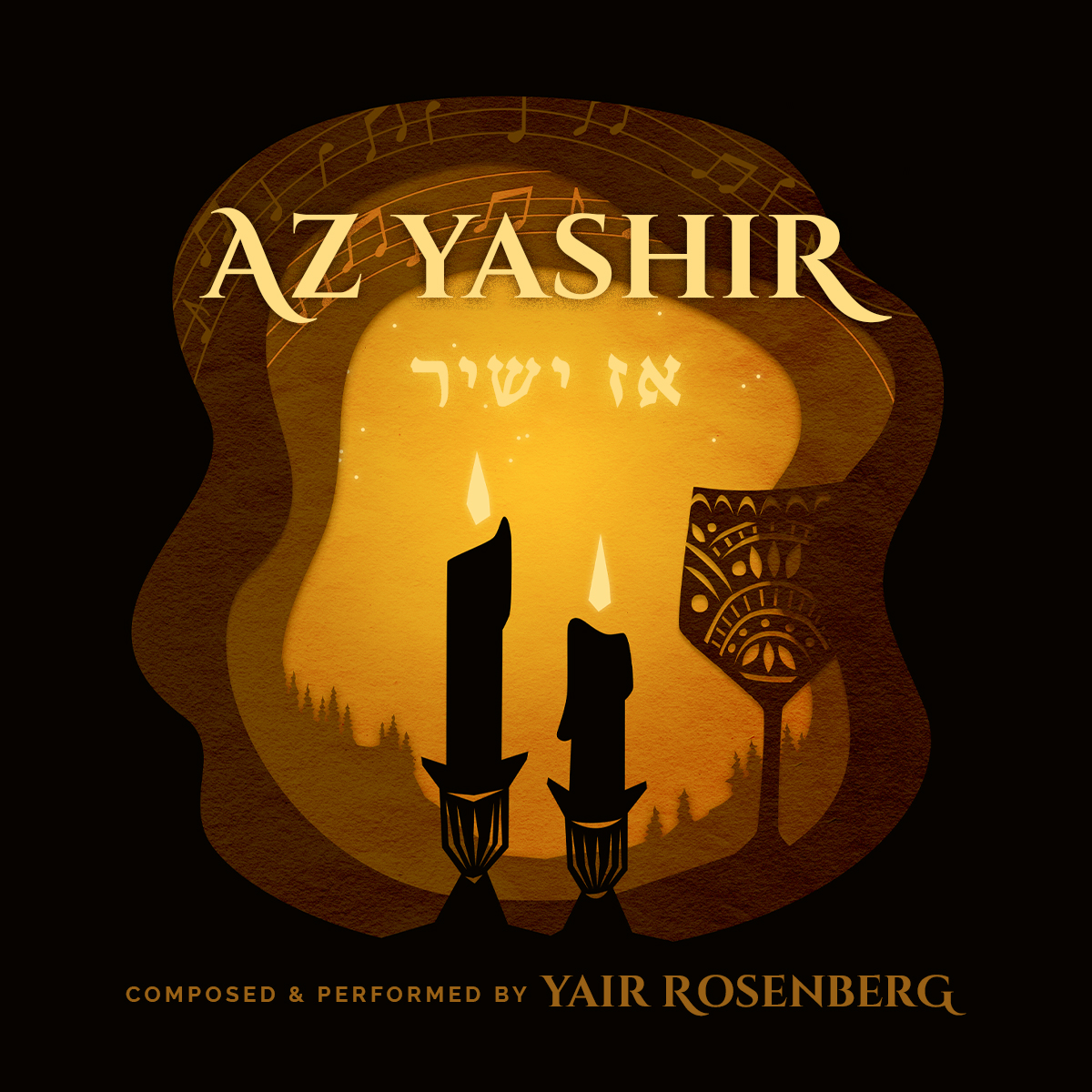
Yoni Battat, the son of an Ashkenazi mother and a Mizrahi father, had a bit of both worlds at home – bagels and Iraqi music. Growing up in a mainly Ashkenazi community in Connecticut, that side of him formed his early musical years. He started playing the violin aged four, has performed with the Israel Klezmer Orchestra, developed his own Yiddish jazz band and was a member of the touring cast of the Broadway and West End musical The Band’s Visit.
But it was when his Mizrachi grandfather bought him an oud – a lute-like instrument popular in the Middle East – aged 16 that his life started veering in a different direction. Yoni isn’t one to do things by halves; he started learning Arabic, exploring Arab music and history and also learned Hebrew along the way.
When we speak, the 31-year-old is in Israel where he’s currently living having recorded his first album, Fragments.
“It was my grandfather Abraham who first started teaching me Arabic songs,” he recalls. “My dad and his three siblings all spoke Iraqi Arab to each other and I would always hear it growing up, but I could never speak it, which still feels like a missed opportunity. But I have always loved the music and I felt like I had something to say in this musical style. And it is that fragmented experience of being disconnected from my ancestry that is in many ways relatable, human and actually beautiful. It is something I have tried to capture in the message of the album.”
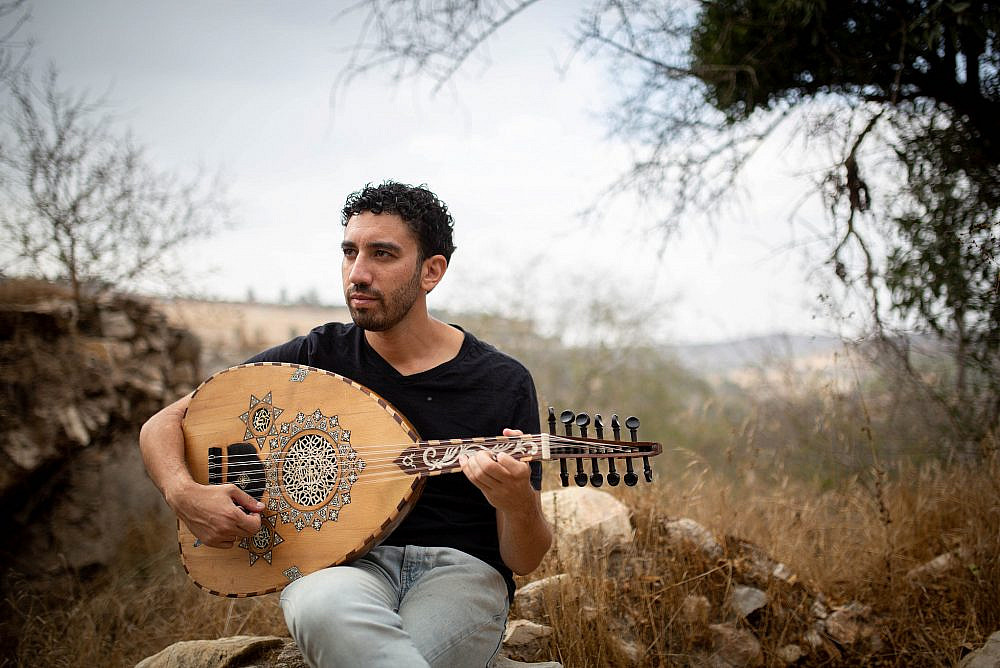
The songs all tell a story. The album starts with the poetry of Air Anwar Sha’ul, an Iraqi Jewish writer who stayed in the country until 1971, long after much of the community had fled. It is a haunting poem about a lost world and the beauty of Iraq, a place which was home for a community stretching back more than 2,000 years. Another is based on the letters Yoni’s grandparents Avraham and Violet wrote to each other in Arabic and Hebrew. The pair had originally emigrated to Israel in 1950s but when their four children were teenagers, Avraham moved to America with the kids while Violet, who was a successful radio presenter on Arabic Israeli radio, stayed.
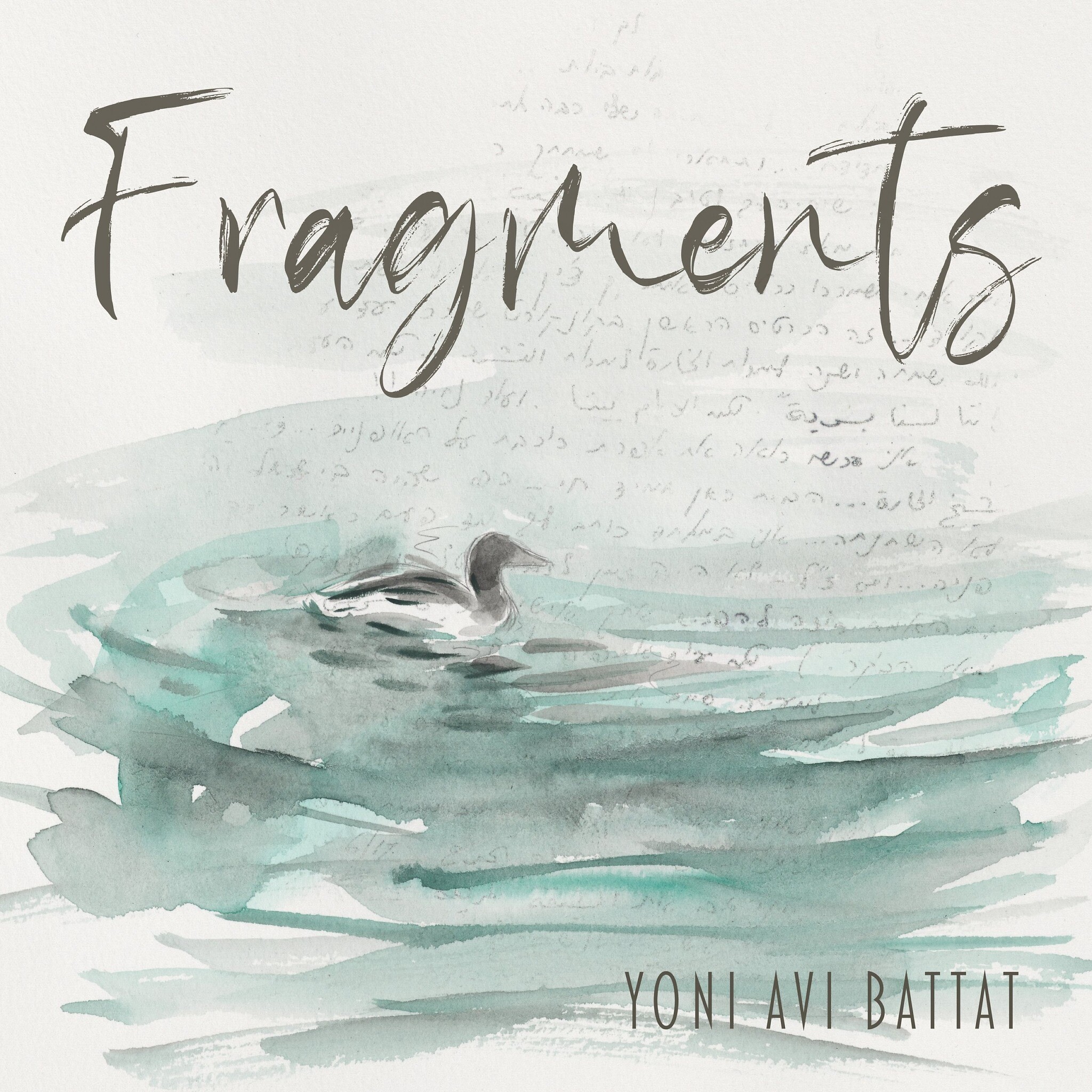 “They had this kind of alternative relationship where she was working on a show dedicated to women’s issues, which was heard all over the Arab world but my grandfather moved with their children – I still don’t really know why – and they would visit each other for a month at a time every four or five months. The letters flow between Hebrew and Arabic – even within one sentence – and my sister and I embarked on a project to translate them. There was one line that really stuck out for me; my aunt was riding on a bicycle and he talked about how she was now the older one in the neighbourhood. It was a poignant detail in this letter about being immigrants and trying to find a home.”
“They had this kind of alternative relationship where she was working on a show dedicated to women’s issues, which was heard all over the Arab world but my grandfather moved with their children – I still don’t really know why – and they would visit each other for a month at a time every four or five months. The letters flow between Hebrew and Arabic – even within one sentence – and my sister and I embarked on a project to translate them. There was one line that really stuck out for me; my aunt was riding on a bicycle and he talked about how she was now the older one in the neighbourhood. It was a poignant detail in this letter about being immigrants and trying to find a home.”
A third stars Yoni’s great uncle Razi, a synagogue cantor, recanting a song sung at circumcision ceremonies and Havdalah. “The last song of the album is called Fragments and is English and is about how in that fragmentation of brokenness I can find wholeness, belonging. It’s a mantra and a prayer.”
Two Jews, two albums, mesmerising music.

Thank you for helping to make Jewish News the leading source of news and opinion for the UK Jewish community. Today we're asking for your invaluable help to continue putting our community first in everything we do.
For as little as £5 a month you can help sustain the vital work we do in celebrating and standing up for Jewish life in Britain.
Jewish News holds our community together and keeps us connected. Like a synagogue, it’s where people turn to feel part of something bigger. It also proudly shows the rest of Britain the vibrancy and rich culture of modern Jewish life.
You can make a quick and easy one-off or monthly contribution of £5, £10, £20 or any other sum you’re comfortable with.
100% of your donation will help us continue celebrating our community, in all its dynamic diversity...
Engaging
Being a community platform means so much more than producing a newspaper and website. One of our proudest roles is media partnering with our invaluable charities to amplify the outstanding work they do to help us all.
Celebrating
There’s no shortage of oys in the world but Jewish News takes every opportunity to celebrate the joys too, through projects like Night of Heroes, 40 Under 40 and other compelling countdowns that make the community kvell with pride.
Pioneering
In the first collaboration between media outlets from different faiths, Jewish News worked with British Muslim TV and Church Times to produce a list of young activists leading the way on interfaith understanding.
Campaigning
Royal Mail issued a stamp honouring Holocaust hero Sir Nicholas Winton after a Jewish News campaign attracted more than 100,000 backers. Jewish Newsalso produces special editions of the paper highlighting pressing issues including mental health and Holocaust remembrance.
Easy access
In an age when news is readily accessible, Jewish News provides high-quality content free online and offline, removing any financial barriers to connecting people.
Voice of our community to wider society
The Jewish News team regularly appears on TV, radio and on the pages of the national press to comment on stories about the Jewish community. Easy access to the paper on the streets of London also means Jewish News provides an invaluable window into the community for the country at large.
We hope you agree all this is worth preserving.
-
By Brigit Grant
-
By Laurent Vaughan - Senior Associate (Bishop & Sewell Solicitors)
-
By Laurent Vaughan - Senior Associate (Bishop & Sewell Solicitors)
-
By Laurent Vaughan - Senior Associate (Bishop & Sewell Solicitors)
-
By Laurent Vaughan - Senior Associate (Bishop & Sewell Solicitors)

